By combining the science of Australia's most authentic native essences with centuries of French expertise in the art of perfumery, Australian natural perfumers offer us the ultimate olfactory experience.
Australian indigenous botanical essences and Australian perfumers introduce us to these new and bewitching Perfume Roads. A dream of scorching deserts, sparkling coastal vistas and deep, beautifully scented forests. With natural elements rarely used in modern perfumery, this olfactory richness of a woody depth can only be extracted from the purest Australian essences.
The Australian outback is a place of vivid and infinite scenery. Sunlight radiates from clear blue skies baking the landscape during daytime, and reveals a carpet of twinkling stars with unimaginable clarity and detail at night.
Seemingly uninhabited, the region is a zoo of native wildlife including the remarkable Australian Kangaroo. Hidden from the hot sun during the day, they emerge in the cool of evening ready for their nightly foraging and nocturnal bounding. In Australia, we call this “The Outback.”
Amongst this picturesque environment, we undertake sustainable harvesting of natural timbers. This is where we distill the essence of Wild Wood Oils.
Our Buddha Wood Oil and our Sandalwood Oils are spoken about very favourably
There are many comments on how lovely our range is. I still think that the industry here is not big in terms of how the rest of the world is but it is growing and there is always interest in natural, chemical free products. That can only grow. It is a good time to promote such interests.
What are the olfactory preferences of consumers in Australia?
Australia is such a diverse Country with many likes and it would be hard for me to identify the olfactory preferences
but the Sandalwood aromas, citrus aromas and spicy aromas go well. Also, the lighter fragrances for a percentage of the population that are not so keen on heavy perfumes.
It is the Certified Natural Perfumers trained in France, living in Australia who talk about it best:
Still a niche market, it is a growing market, the general consumer is more and more interested in education of health or ethical implications.
What are the olfactory preferences of consumers in Australia?
Depends on the demographics – the older, savvy shopper loves old world perfumes, they love the extravagance of buying nostalgia.
Young buyers are more conscious of the natural, ethical aspect but affordability is a big problem with the yuppies.
How are you developing as a Certified Natural Perfumer in Australia?
I am concentrating on the wellness side of my practice.
There is currently no data for Natural Perfume sales in Australia, and natural perfume is not regulated. Therefore, there are many different strengths of natural perfume being sold, with some businesses using just a few essential oils and on the other end of the scale businesses use complex formulas with both essential oils and unique tinctures etc. The price generally determines the quality and complexity of the product.
What are the olfactory preferences of consumers in Australia?
Consumers are still unaware of what a natural perfume is and confuse it with pure essential oils. Olfactory preferences appear to be vague and may be persuaded by the advertising of large companies rather than seeking out individual natural perfumeries. Making one's own perfume via a workshop is quite popular however as this gives an educational insight to the world of perfumery..
How are you developing as a Certified Natural Perfumer, Skin Care Expert, Olfaction Trainer and Perfumotherapist in Australia?
I have a PhD in the field of biodiversity, health and the skin microbiota so my knowledge base is good and I enjoy writing courses etc. My challenge is in the marketing of natural perfume and I plan to hire a marketer for 2023 and also develop a new themed natural perfume range as a relationship to a book I am currently writing 'Western Australia - Living in the Light'.
I experienced and report there is a massive potential for a genuine organic perfumery in Australia and NZ regions by exploiting global natives from India, Australia and Europe for a unique olfactory blend in the form of perfumes for beauty, health and wellness which will cater home, body and mind vis a vis linked emotions.
My work with team at IPF has given solid directions and I am ready to launch my brand in early 2023 for Australia, NZ, SE Asia. I have got my pilot formulation standardized and a full market potential is studied and established. All elements of my propriety formulation are knitted very soundly and will need ongoing searches with partnerships in procurement. My brand in Lifestyle Organics will cater in beauty, health, wellness by engaging plant oils, superfoods, wellness food, skin care product for infants and human adults and will scope the pet industry at later stages. I see to scope this in our global niche high value essence communities and will net a revenue of 500K AUD alone in year 1 and we will extend to supply ethical traceable raw materials and oils to manufactures as APIs, I am aiming for a very new but holistic market in this emerging sector. I will be sharing our purpose and vision of our formulations very soon, and key point of difference is I will create and cater a formulation which would have global horizontal olfactory index from natives and will not desensitized olfactory lobe with mono olfaction regularly using one essence of your memory olfaction.
What are the olfactory preferences of consumers in Australia?
Australia’s primary focus is to rely on Australian native as a choice in natural perfumery in this sector, primarily floral and woody which have limited choices and a right blend of global native can be a great marketing tool. I would still say citrus and floral is still a key element on local made perfume in the sector with some native oils which may not yield many olfactory aromas. I feel use of local native is a great market tool here at home, and body products in organic sense, like Lemon Myrtle, Australia Sandal wood, and Kakadu plum.
How are you developing as a Certified Natural Perfumer, Skin Care Expert, Olfaction Trainer and Perfumotherapist in Australia?
My training at IPF imparted a depth of knowledge in different sections of the trade, and is helping me fast track my brand launch. I have presented my experience at national platform with confidence as I have knowledge and training in depth which is supported by my academic training and global business acumen in nutraceuticals. The pilot project in perfumery and international presentation has already initiated our registration process in India, and The Philippines alongside our own national markets Australia and NZ. I am still very keen to extend and get training with Francoise Rapp at IPF on perfumery and emotions (new logical trends) and Candle Making with Andrej Babicky in new year and my purpose is to have a product range which must serve holistic market niche for humans and pets but my system on olfactory principles with a common olfactory stream from my preferred plant sources and have emotions in function.
Natural Perfumery is definitely emerging in Australia, in a big way.
Consumers are definitely looking to make the change to natural perfume and skin/body care, as well as natural remedies such as aromatherapy and naturotherapy, particularly in the 30-40 age range.
What are the olfactory preferences of consumers in Australia?
Olfactory preferences seem to be classic florals, marine and unisex fragrances.
How are you developing as a Certified Natural Perfumer in Australia?
My goal as a Certified Natural Perfumer is to educate people on the benefits of using natural perfume. My aim for 2023 is to complete the olfaction training and the aromatherapy courses as I think the three platforms go hand in hand.
It ebbs and flows. I think consumer sentiment here is overwhelmingly positive towards using naturals in scent but currently it is being suppressed and overridden by sophisticated marketing campaigns by the industry heavyweights. Clever use of language and imagery has the general population believing they are engaging with naturals when they are not. This creates confusion in the consumer about what natural scents are and what they smell like so when they do encounter them there is a dissonance and negative reaction. My point is its not an easy market but worthwhile if you can gain followers.
Another point of view is from the scent design perspective where my clients who are creating their brand have a positive ideology that involves the use of naturals but the issues of availability, consistency and cost creates a compromise and ultimately they settle for the more general appeal and budget friendly synthetic option.
Australia is a market with huge potential but is still battling with shipping issues and rising costs of obtaining high quality naturals and covid has isolated us even further.
What are the olfactory preferences of consumers in Australia?
Short answer is I think they are looking for natural scents but due to lack of exposure to high quality sophisticated perfumery in this area they associate natural perfumes with aromatherapy blends and they discount them as not on the same level as the commercial ranges. I think that the majority think most commercial perfumes are natural so when they encounter the real thing they don’t understand what they are smelling and the complexity is confusing and negative. However there is an ever growing niche market of perfumistas who both know what natural perfumes are, seek them out and enjoy them. This is encouraging.
Australia is a diverse market but generally influenced by USA in fashion so they mostly look for clean and smooth fragrances. Scent preference here moves in cycles like fashion and generations are influenced negatively by the saturation of common scents overused in everyday products. Consumers here like to move against those trends.
My workshops in perfume creation give me a unique insight and perspective as we see what people reach for and prefer.
Currently we are seeing a desire for scents that are clean and simple versions of naturals (nature identical synths or nature derived synths). By clean I don't mean fresh scents, I mean easily identifiable. When these same people experience my range of natural perfumes they don’t know how to assess, describe, or decide if they like them.
How are you developing as a Certified Natural Perfumer in Australia?
My final musings on the Australian market for Natural fragrance is that consumers want it but anyone hoping to do well needs to approach it like selling wine to Australians.
They want to understand it, they want it to be comparable or better than product around the world. They like a good story behind the product and a pretty package but most of all they want it to be easily chosen and consumed and ultimately give them a good time. If a natural perfumer can offer all this they should do well.
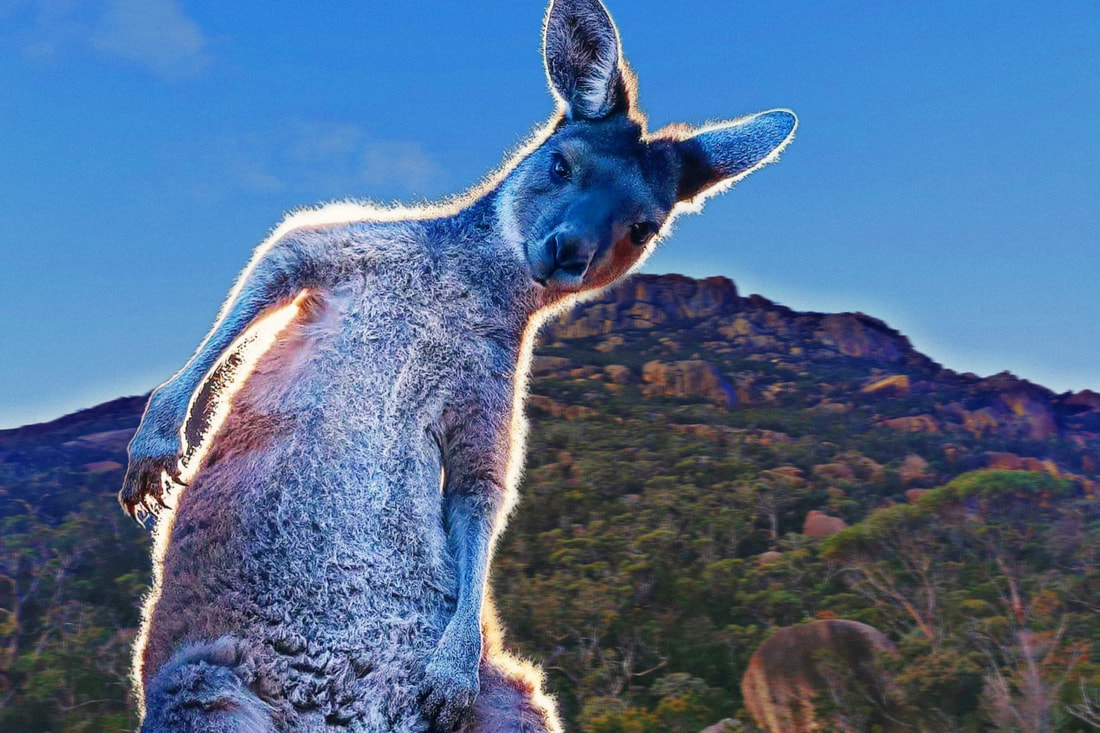

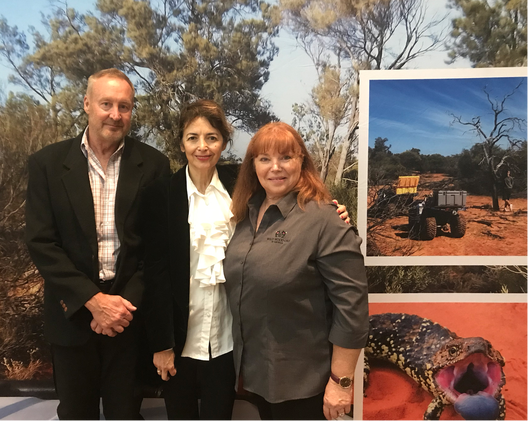
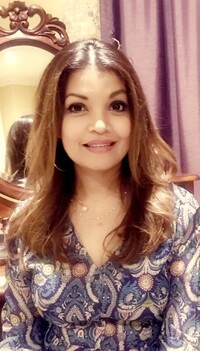
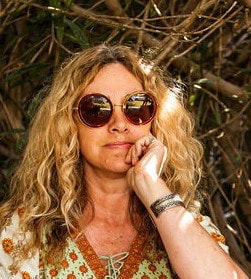

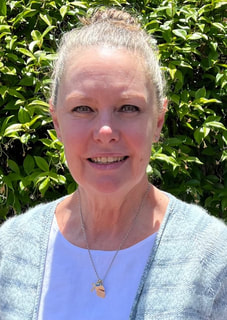
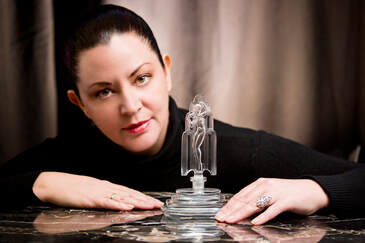
 RSS Feed
RSS Feed